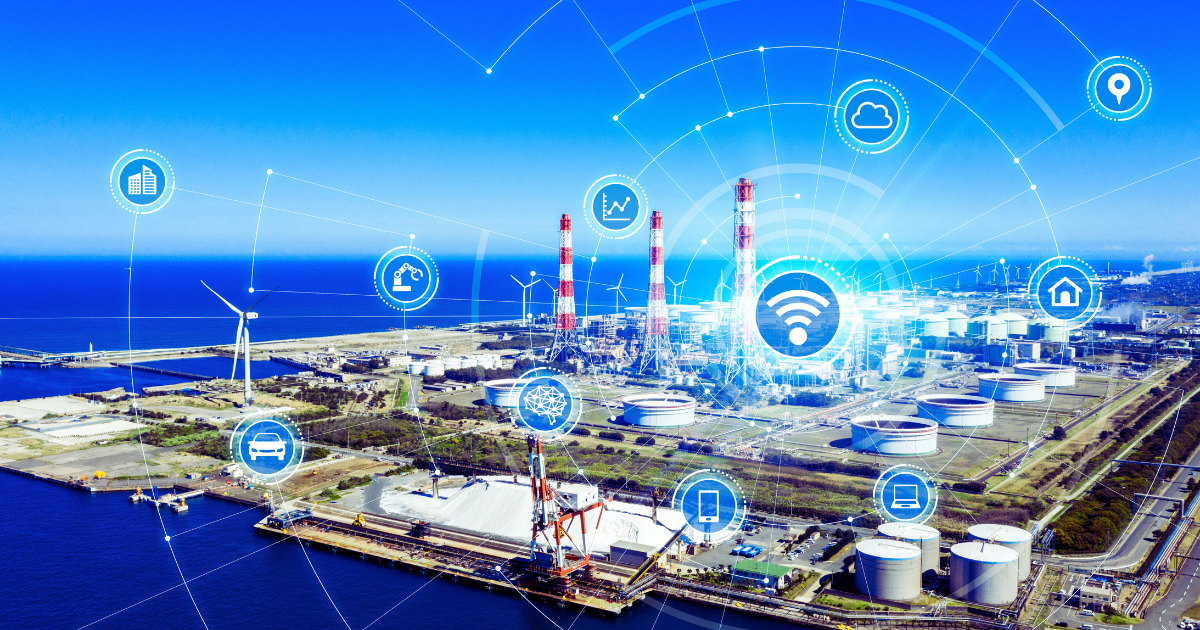As I look toward the future of urban development, it’s clear that the integration of smart technology and the Internet of Things (IoT) is transforming the way we think about building and living in cities. With the rise of smart cities, building codes must evolve to meet the demands of these innovative, connected environments. From energy efficiency to data security, the future of building codes will be shaped by the need to accommodate cutting-edge technologies. In this blog, I’ll explore how building codes are adapting to the age of smart cities and IoT, the challenges involved, and the incredible opportunities these changes present for the construction industry and urban life.
What Are Building Codes, and Why Are They Important?
Building codes are a set of rules that govern the design, construction, and maintenance of buildings to ensure public safety, health, and welfare. These codes have traditionally focused on structural integrity, fire safety, and accessibility. However, as technology has evolved, especially with the advent of smart cities, there is a growing need for these codes to evolve as well. Modern building codes now need to address not just physical safety, but also cybersecurity, energy efficiency, and environmental sustainability principles that are essential for smart, connected cities.
The Role of Smart Cities and IoT in Shaping Building Codes
Smart cities are urban environments that use digital technology to improve the quality of life for their residents, enhance operational efficiency, and drive sustainable growth. The integration of IoT. where devices communicate with each other and with central systems is at the heart of this transformation.
Building codes must now account for the following:
- Smart Building Systems: Modern buildings are equipped with IoT systems that automate lighting, heating, cooling, security, and energy management. These systems need to be seamlessly integrated into construction projects, and building codes must provide clear standards for their installation and operation.
- Energy Efficiency and Sustainability: As cities become smarter, buildings must be more energy-efficient. Codes are evolving to promote renewable energy systems like solar panels, energy-efficient HVAC systems, and smart appliances that reduce consumption and minimize environmental impact.
- Data Security and Privacy: With IoT devices becoming an integral part of our buildings, ensuring the security of digital data is paramount. New building codes must address cybersecurity risks to prevent potential vulnerabilities from being exploited.
- Resilience to Extreme Events: As cities face more frequent and severe climate events, building codes are evolving to require climate resilient designs. Smart technologies can play a key role in monitoring environmental conditions and making adjustments in real-time to protect buildings and inhabitants.
Challenges in Updating Building Codes
The evolution of building codes to accommodate smart cities and IoT presents several challenges:
- Rapid Technological Advancements: The pace at which technology evolves makes it difficult for regulators to keep building codes up-to-date. By the time codes are revised to include the latest advancements, new technologies have already emerged, making it a continuous process.
- Cost of Implementation: Integrating smart technologies into buildings can be expensive, and there may be resistance from stakeholders who are concerned about the upfront costs. Updating building codes to accommodate these changes requires significant investment, which could be a barrier for developers working with limited budgets.
- Training and Skill Gaps: There is a need for skilled professionals who are familiar with smart technology, IoT systems, and cybersecurity. Training the workforce to manage and implement these technologies effectively is essential to ensuring that building codes are properly followed.
- Balancing Innovation and Safety: As new technologies emerge, building codes must strike a balance between encouraging innovation and maintaining safety. For example, while IoT systems enhance building efficiency, they also introduce new risks related to data breaches and system vulnerabilities. Finding solutions that protect both physical and digital security is crucial.
Opportunities for the Future of Building Codes :
Despite the challenges, there are numerous opportunities in updating building codes for smart cities and IoT integration:
- Sustainable Development: Evolving building codes will drive the adoption of more sustainable construction practices, ensuring that buildings are energy-efficient, environmentally friendly, and resilient to climate change. This is crucial for meeting global sustainability goals.
- Economic Growth: As the demand for smart buildings rises, there will be a growing need for skilled workers in the fields of smart technology, construction, and cybersecurity. This creates new job opportunities and stimulates economic growth.
- Improved Quality of Life: Smart buildings equipped with IoT devices will create more efficient, safer, and comfortable living environments. With real-time data collection and analysis, buildings can adapt to the needs of residents, optimizing everything from energy consumption to security.
- Innovation in Construction: The integration of smart technologies will encourage innovation in construction materials, processes, and designs. The future of construction will involve smarter, more efficient techniques that reduce costs and enhance performance.
Conclusion
The future of building codes is an exciting one, driven by the rise of smart cities and the transformative potential of IoT. As cities continue to evolve and technology advances at a rapid pace, building codes must adapt to keep up. The journey of updating these codes will undoubtedly be challenging, but it is also full of opportunities to create safer, more sustainable, and more efficient urban environments.
For those of us in the construction industry, the future is clear. We must embrace these changes, develop new standards, and work together to build the smart cities of tomorrow. By adapting building codes to include smart technology, data security, and sustainability, we can ensure that our cities are not only ready for the future but are also equipped to thrive in it.






